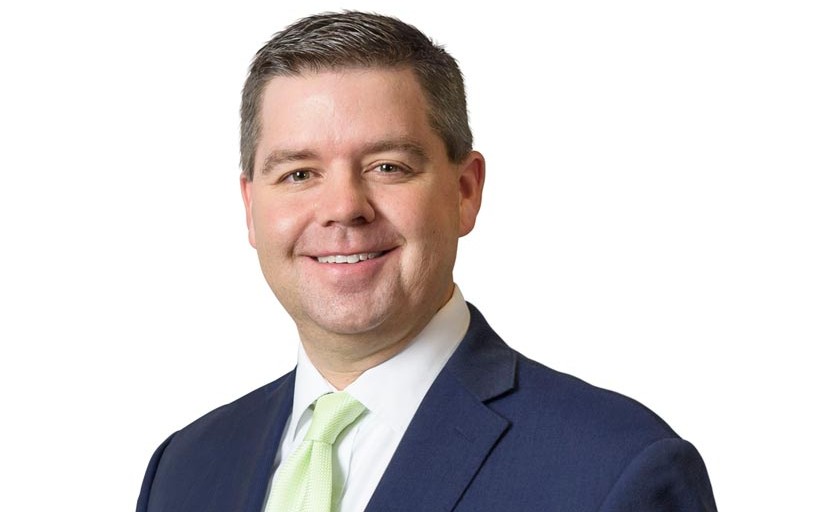At the 2023 Saskatchewan Association of Rural Municipalities convention on Wednesday in Saskatoon Premier Scott Moe made announcements for increases in municipal revenue sharing along with an increase to funding to recruit doctors to rural and northern areas.
Following the premier’s announcement was the bear pit session, where representatives from SARM member municipalities were able to ask the premier and provincial cabinet ministers questions.
The questions ranged from topics of retaining medical professionals to rural areas, and concerns over wildlife destroying crops.
Bear-pit question on UNDRIP
The premier and his cabinet were also asked about the United Nation Declaration on the Rights of Indigenous People by councilor Morris Karakochuk of the RM of Emerald.
“Does your government anticipate any governance issues regarding this document and has a committee been set up to address some of the details in this document,” asked Karakochuk.
While the premier didn’t specifically answer the question, he says the Saskatchewan government isn’t governed by the United Nations and says policy statements from the UN only receive power once some level of government adopts them.
Moe then spoke on what he feels is strong Indigenous engagement and economic opportunities for Indigenous business in the province.
“There is nowhere in this nation that is as far down this road… ultimately what I call economic reconciliation than this province right here,” said Moe to the SARM delegates.
The premier then pointed to gaming agreements between SIGA and the province, Indigenous involvement in the forestry industry, as well as Cameco and other northern companies working in the north who have a “40 to 50 percent” Indigenous workforce as his proof of this.
“There’s nowhere else in Canada that has a record of economic reconciliation and economic engagement of Indigenous folks in the economy,” said Moe.
Trade minister speaks on “market failures” facing Indigenous groups
Trade and Export Minister Jeremy Harrison then spoke on the path forward for the province including significant Indigenous engagement in an equity context – something he says is a current “Market Failure.”
“The way that the constitution is structured it makes it very very difficult for First Nations to actually borrow against assets, and there is a long legal reason for that, which I won’t get into,” said Harrison.
The trade minister pointed to the Saskatchewan Indigenous Investment Finance Corporation as a potential solution to this “market failure.” This was a loan program introduced by the provincial government in June of this past year where $5 million in loan guarantees was made available to First Nation groups interested in being equity owners in projects in the natural resource and agriculture sectors.
“We have really seen a lot of success in this space,” said Harrison who pointed to the increased role of First Nation involvement in the forestry industry, which he feels was helped by the investment program. “We want to see that expand across the province and ultimately that will mean projects move forward because everyone will have a positive stake in the outcome.”
When asked by MBC News what the province could do to help Indigenous groups facing difficulty in borrowing equity against assets, the Premier also pointed to the Saskatchewan Indigenous Investment Finance Corporation.
“It’s about opening doors and ensuring that as the strength of the Saskatchewan economy continues in the years ahead that everyone has an opportunity to participate,” said Moe. “That is economic reconciliation in action.”
